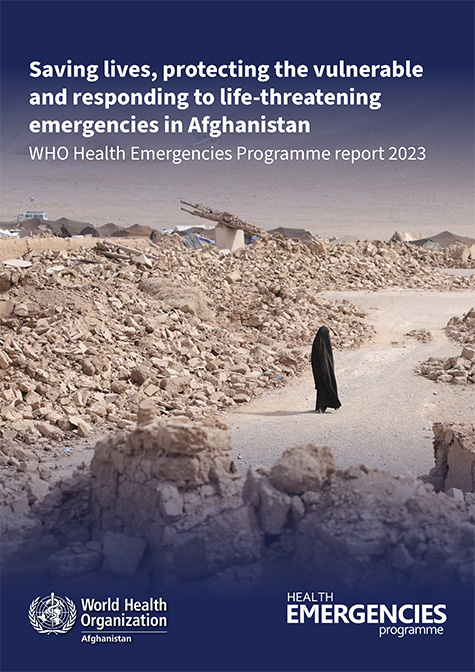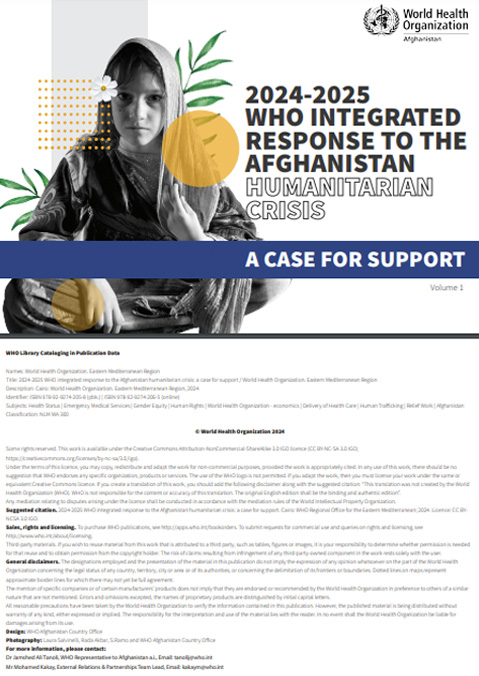KABUL 20 September 2015 - The World Suicide Prevention Day was marked this week in Kabul in an event that brought together key stakeholders to advocate for the importance of taking strategic measures for suicide prevention in Afghanistan.
Twenty-year-old Ramika, who survived a suicide attempt, shared her story with the audience and media. She was married at age 15 and was treated violently by her husband and prevented from going to school. Her husband took all the money she earned from her teaching job. “My husband told me many times to burn myself, to commit self-immolation. Finally one day I tried to burn myself in front of my husband as I wanted to die,” she said.
Ramika was hospitalized and her husband was arrested. She has been treated by doctors for nine months and has undergone five painful operations. Medica Afghanistan, a local NGO, supported her with psychological counseling and helped her access legal aid.
Gender-based violence, especially violence against women, is widespread in Afghanistan and among risk factors for suicide. Representing the Ministry of Women’s Affairs, Dr Khara emphasized the importance of combating gender-based violence and fully implementing the Elimination of Violence against Women (EVAW) law in Afghanistan.
Deputy Minister of Public Health Dr Najia Tariq called for a multisectoral approach for preventing suicide with involvement of different ministries, noting that depression, unemployment, poverty and violence are all risk factors for suicide.
“Suicide is a serious public health problem,” said Dr Richard Peeperkorn, WHO Afghanistan Country Representative. “The psychological pain that leads each of these individuals to take their lives is unimaginable. Their deaths leave families and friends devastated, and often have a major ripple effect on communities.”
Over 800,000 people die by suicide across the world each year and suicide is the second leading cause of death among 15–29-year-olds. In Afghanistan, very little is known about suicide figures; however, available research suggests that many Afghans suffer from untreated mental health problems, mostly depression, which is a major risk factor for suicide.
“Suicide is not a way of solving problems. We need to support the youth more and work together to prevent suicides and save lives,” said Deputy Minister of Youth Affairs Dr. Kamal Sadat.
Not all suicides can be prevented, but a majority can. There are a number of measures that can be taken to prevent suicide and suicide attempts. These include:
- Reducing access to the means of suicide (e.g. pesticides, firearms, certain medications);
- Reporting by media in a responsible way;
- Introducing alcohol policies to reduce the harmful use of alcohol;
- Early identification, treatment and care of people with mental and substance use disorders, chronic pain and acute emotional distress;
- Training of non-specialized health workers in the assessment and management of - suicidal behavior;
- Follow-up care for people who attempted suicide and provision of community support.













